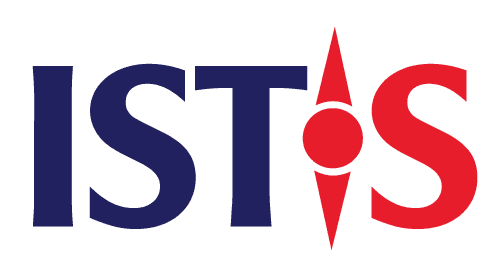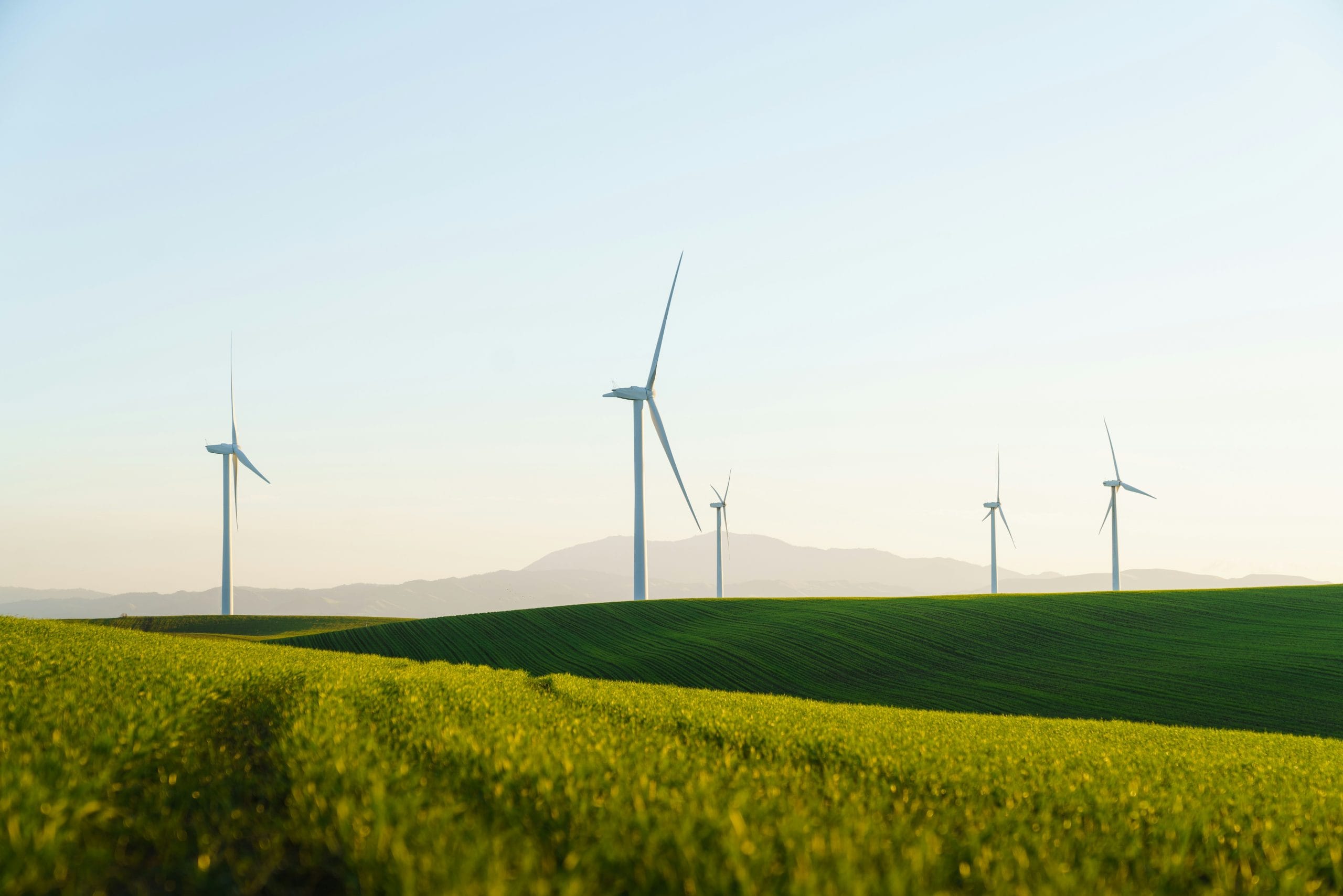Why Sustainable Solutions Are a Business Imperative
Sustainability is becoming a central driver of competitiveness and innovation. Globally, ESG criteria are increasingly factored into investment decisions, with regulatory pressures and consumer demand pushing companies to demonstrate real, measurable impact. In fast-growing economies like Vietnam, where rapid industrialization and urbanization pose environmental trade-offs, sustainable solutions are gaining traction not only for their social value but also their business potential.
The Vietnamese government’s commitment to net-zero emissions by 2050, coupled with growing foreign direct investment tied to green standards, has made sustainability a strategic priority. Across industries, businesses are realizing that embedding sustainability into product design, operations, and partnerships enhances market differentiation and future-proofing.
In this context, startups are leading the shift — not by branding alone, but by offering scalable solutions to real challenges. From clean energy to circular packaging, their models prove that sustainability can fuel growth, reduce risk, and unlock access to new markets. Sustainable innovation in Vietnam is no longer abstract. It’s tangible, local, and gaining momentum.
Clean Energy Startups Driving Decentralized Power Access
SolarBK is pioneering renewable energy for remote areas in Vietnam with hybrid solar–wind microgrids. Their projects illuminate remote islands—including Trường Sa—and supply clean power to highland schools and border communities . These off-grid systems combine solar panels, wind turbines, battery storage, and desalination capacities, bringing electricity and potable water to places previously unreachable.
In urban and industrial zones, SolarBK continues to innovate through its ESCO (Energy Service Company) model, helping businesses like VinFast and Vincom install rooftop solar and battery systems under no-upfront-capital arrangements. Their 2023 pilot with VinES aimed to deploy 300 integrated rooftop+storage setups, supporting Vietnam’s target of achieving 50% solar coverage in commercial buildings by 2030. These projects illustrate how clean-energy startups are both decentralizing the grid and mainstreaming solar in industry.
In the realm of green mobility, Selex Motors is delivering a comprehensive sustainable solution by producing electric motorbikes designed for urban logistics. With an ecosystem that includes swappable batteries and charging stations, Selex Motors is helping to reduce emissions in densely populated cities — and is already partnering with major delivery platforms in Vietnam.
EBOOST, another key player, is building Vietnam’s smart EV charging infrastructure. Its network of fast, interoperable chargers — deployed in residential and commercial locations — empowers both individual users and businesses to adopt electric vehicles confidently.
Beyond startups, foreign-invested enterprises are contributing to the green transition. The new LEGO factory in Binh Duong — a $1 billion investment — is being built to run entirely on renewable energy by 2026. It’s not only one of LEGO’s most advanced factories globally, but also a signal that Vietnam can be a base for large-scale, clean manufacturing.
Together, these models reflect a tech-driven shift: decentralized clean energy systems combining hardware, cloud-based monitoring, and finance innovation are accelerating sustainable electrification—key both for off-grid communities and urban businesses.
Waste Management and Circular Models in Manufacturing
Vietnam is embracing the circular economy, driven by companies like DUYTAN Recycling, which turns post-consumer plastic bottles into industrial-grade pellets. Starting in Long An province, DUYTAN’s plant now processes 60,000 tonnes yearly, aiming for 100,000 tonnes by 2026. Its “bottle-to-bottle” model, aligned with Extended Producer Responsibility (EPR) regulations, supports major partners like Coca‑Cola and Ajinomoto.
These efforts illustrate how scalable circular models can emerge locally. By collecting, processing, and remanufacturing within Vietnam’s supply chain, DUYTAN helps manufacturers meet global standards while reducing plastic waste. Their success underlines how environmental stewardship and economic opportunity can reinforce each other—offering a compelling example of a truly sustainable solution from Vietnam’s private sector.
One standout sustainable solution is developed by TômTex, a startup with Vietnamese roots, which turns seafood waste into a biodegradable leather alternative. The company uses chitosan — a biopolymer derived from shrimp and crab shells — to create a plastic-free, cruelty-free material that has already caught the attention of global fashion and design houses. This innovation not only reduces waste but also represents a circular approach rooted in Vietnam’s aquaculture industry.
AgriTech for Climate-Resilient and Sustainable Farming
Vietnam’s farming sector is being reshaped by AgriTech startups enabling resource-efficient, climate-smart practices. iFarming, for instance, uses IoT sensors and AI to optimize irrigation in the Mekong Delta. Initial data shows up to 40% savings in water and 25% cost reductions—critical gains in a region facing both drought and salinity.
Meanwhile, startups like Demeter, MimosaTEK, and Hachi are equipping farms with real-time monitoring systems that measure soil moisture, climate, and crop health. These tools support predictive analytics and automated irrigation, helping farmers reduce fertilizer use (by ~20%) and improve yields .
Such technology plays a key role in Vietnam’s national strategy on “high-quality, low-emission rice,” supported by initiatives like alternate wetting and drying (AWD), which lowers methane emissions. By combining digital tools with sustainable agronomy, Vietnamese startups are turning climate-resilient farming into a scalable, real-world solution.
The Future of Sustainable Solutions in Vietnam
Vietnam stands at a pivotal moment in its economic development—facing both the promise of rapid growth and the pressure to meet environmental and social challenges. As the country pushes toward its net-zero pledge by 2050, food security, sustainable urbanization, and global market access are critical priorities. The next decade will be defined not just by cutting-edge startups, but by systemic integration of sustainable solutions, supported through robust policy, emerging finance mechanisms, and ecosystem-wide collaboration.
Green Financial Instruments and Capital Structures
Vietnam is beginning to tap green finance mechanisms to accelerate sustainable innovation. Green bonds saw early adoption in 2020, when issuers raised nearly US $284 million—chiefly financing clean energy projects and waste treatment infrastructure. Such instruments create viable financing channels for startups in specific verticals like renewables and circular manufacturing.
Additionally, the emergence of sustainability-linked loans and carbon credit frameworks will expand capital for ESG-focused firms. Pilot carbon markets launching around 2025—and formal programs expected by 2028—will connect Vietnamese producers to global supply chains that reward low-carbon output .
Technology-Enabled Scaling of ESG Metrics
Data and digital tools are now crucial for the next wave of impact-driven business. The State Securities Commission, in collaboration with IFC and technical partners, is promoting AI, IoT, and blockchain-based systems to capture ESG data in real time. More companies—especially SMEs forming the majority of Vietnam’s economy—are exploring platforms to automate energy auditing, supply chain monitoring, and compliance documentation.
This technological basis doesn’t just make reporting easier; it also supports decision-based sustainability. Boardrooms can now see carbon or waste metrics alongside revenue KPIs, measuring investment impact and risk trade-offs. The result? ESG becomes integral to strategy—not a compliance add-on.
Sector Trends
- Renewables: Solar and wind capacity have expanded sharply in recent years—from under 1 GW in 2018 to over 17 GW today. PDP8 (2021–2030) outlines nationwide solar, offshore wind, and storage targets, while private actors in rooftop deployment—such as fintech-backed ESCOs—shift energy models toward decentralization.
- Circular Economy: Expanding EPR systems (plastic, batteries, electronics) will require scalable domestic waste recovery solutions. Companies like DUYTAN Recycling increasingly fill that gap—and scale is possible if carbon markets and green procurement grow as expected.
- AgriTech: Digital farming will expand deeper, driven by private sector tools and government promotion of climate-smart agriculture. Models built on precision irrigation, data analytics, or organic inputs will likely unlock cross-border export opportunities for sustainably farmed rice and specialty crops.
- Urban Mobility & Smart Infrastructure: With EV adoption rising and smart city initiatives spreading, urban technologies—from battery-swapping networks to smart grids—will require support. Government goals to phase out fossil fuels by 2040 and develop multiple EV frameworks set the legal basis for startups and corporate innovation.
- Water & Wastewater Solutions: Project pipelines in major cities—such as Ho Chi Minh City’s multiple wastewater treatment plants—are being encouraged through Korean partnerships and private investment models . These models could be replicated in other urban centers across Vietnam.
Challenges and the Road Ahead
- SME capacity: While ESG is taking hold among large firms, only 26–30% of SMEs have initiated green practices—in part due to knowledge and finance gaps. Scaling impact requires targeted capacity-building and tailored financing.
- Standardization vs Flexibility: National reporting rules still lack harmonization. Manuals like the 2024 ESG Implementation Guide provide a baseline—but flexibility remains essential for smaller enterprises to comply without overburdening.
- Consumer demand: Green consumer habits are growing but still emergent. Awareness-raising campaigns, better eco-labeling, and role-model efforts (e.g., Vinamilk’s net-zero and mangrove projects) will be needed to drive change in mass-market behavior.
- Green talent gap: With 60% of youth potentially unprepared for green economy jobs, educational systems must evolve quickly. Upskilling programs, STEM integration, and vocational training must become national priorities.
Sustainability as Strategy
Vietnam’s startup ecosystem is proving that a focus on sustainability is not a constraint — it’s a strategic advantage. By creating every sustainable solution with both impact and scalability in mind, these innovators are positioning the country as a hub for green entrepreneurship in Southeast Asia.









